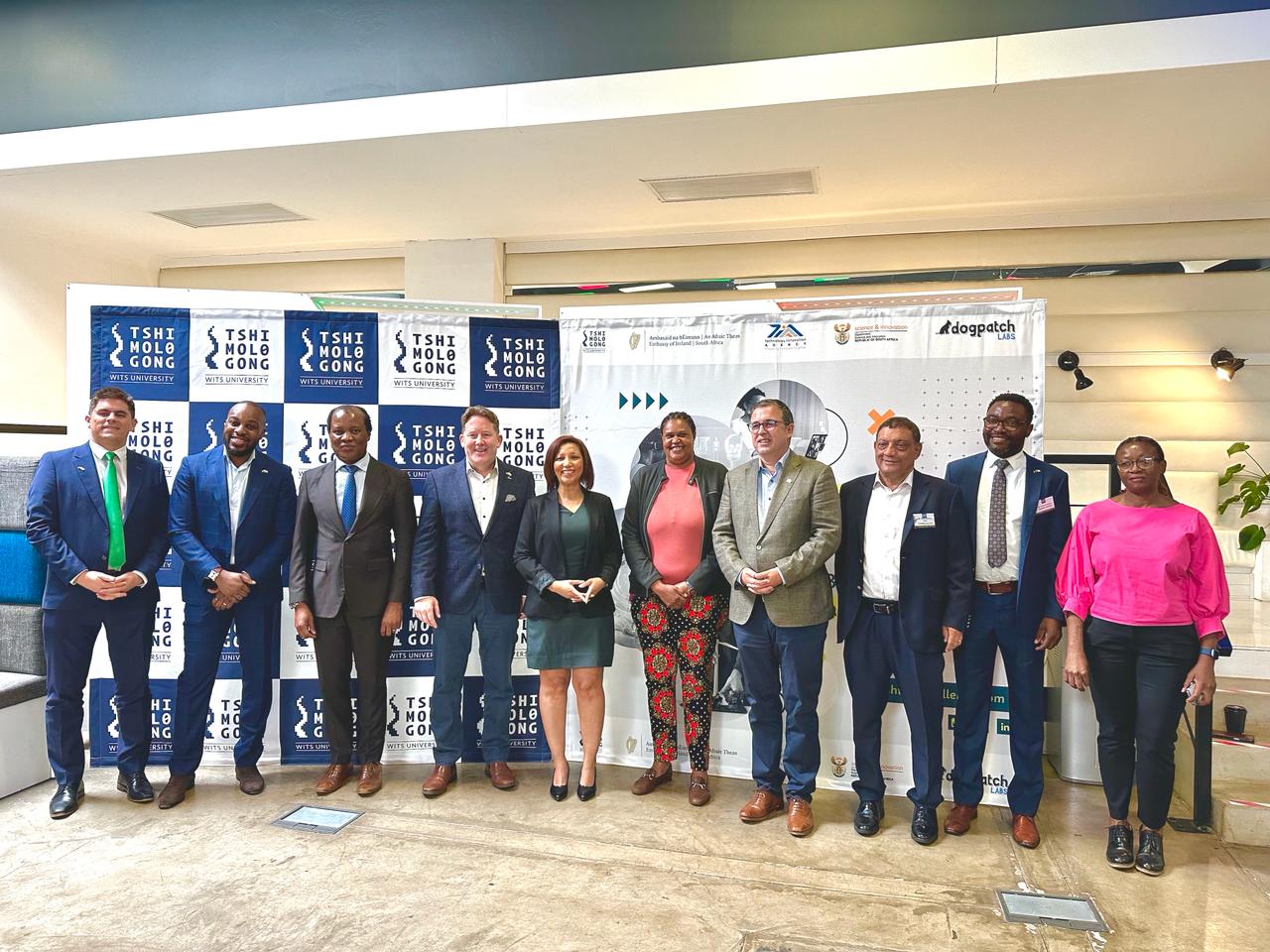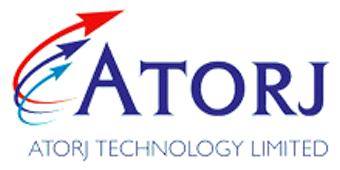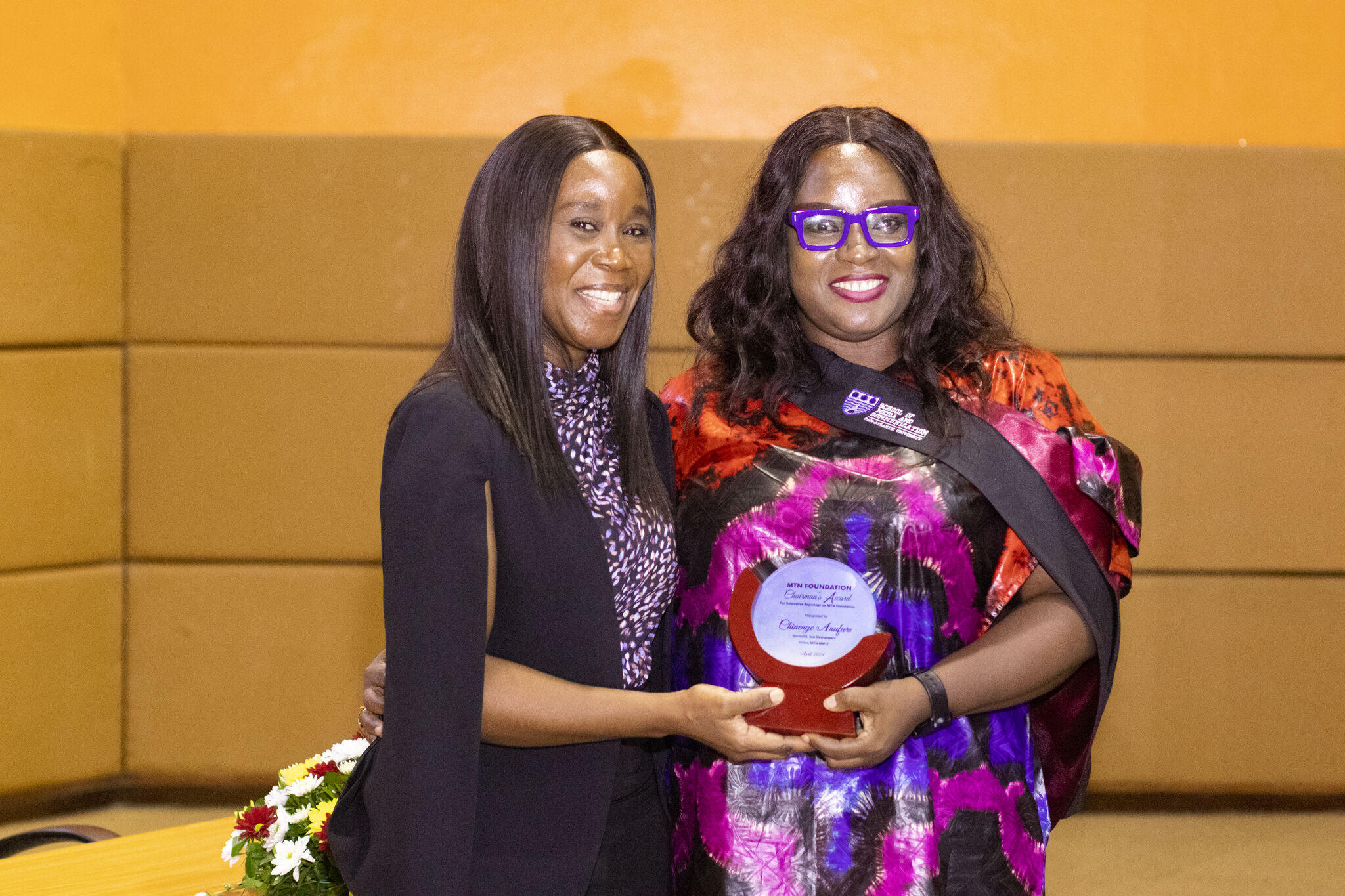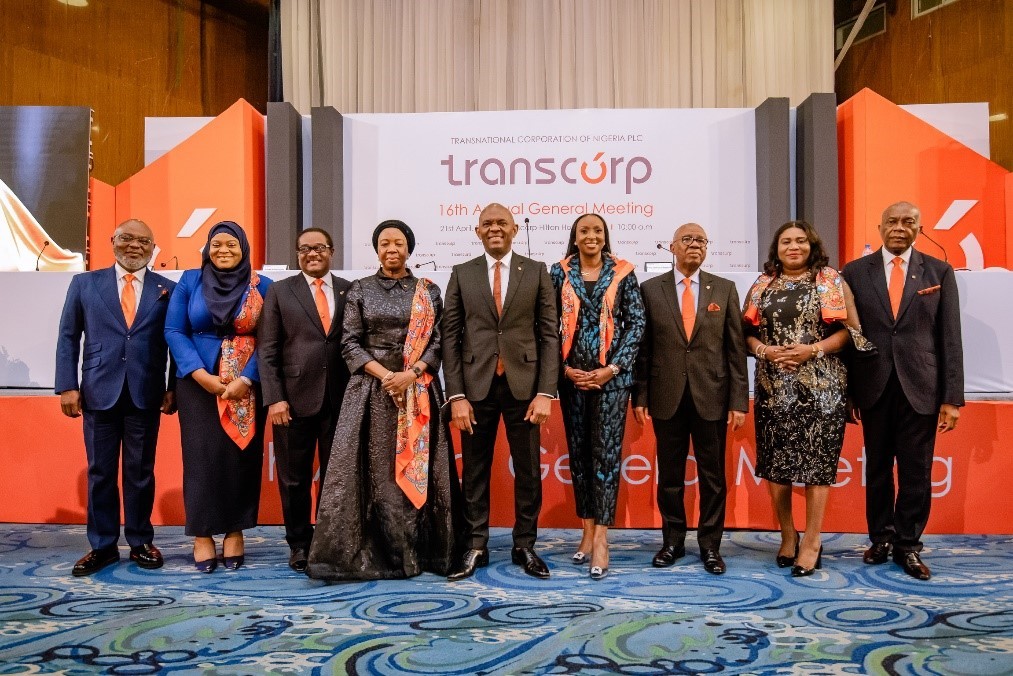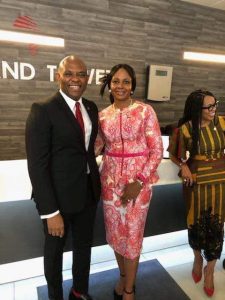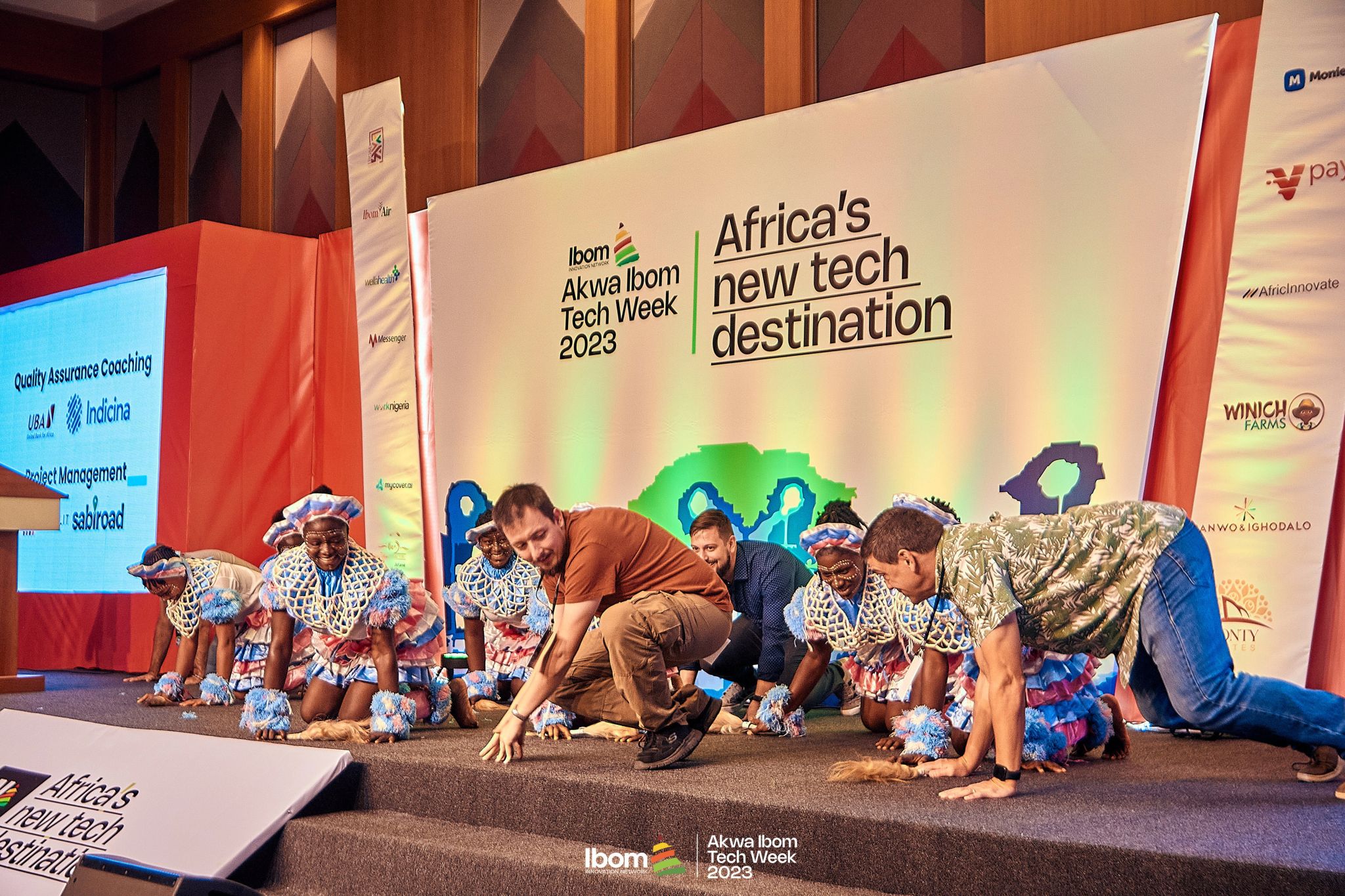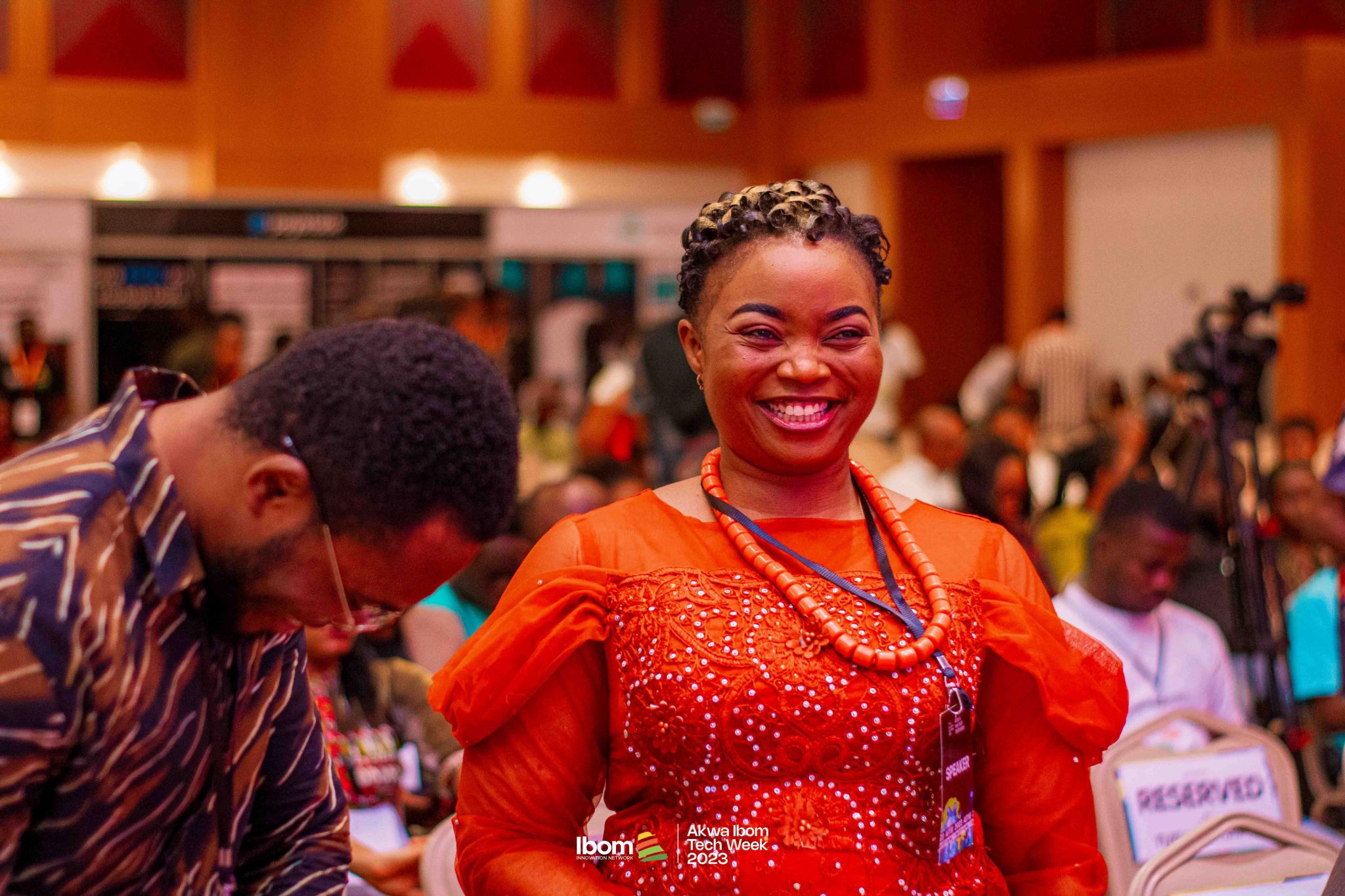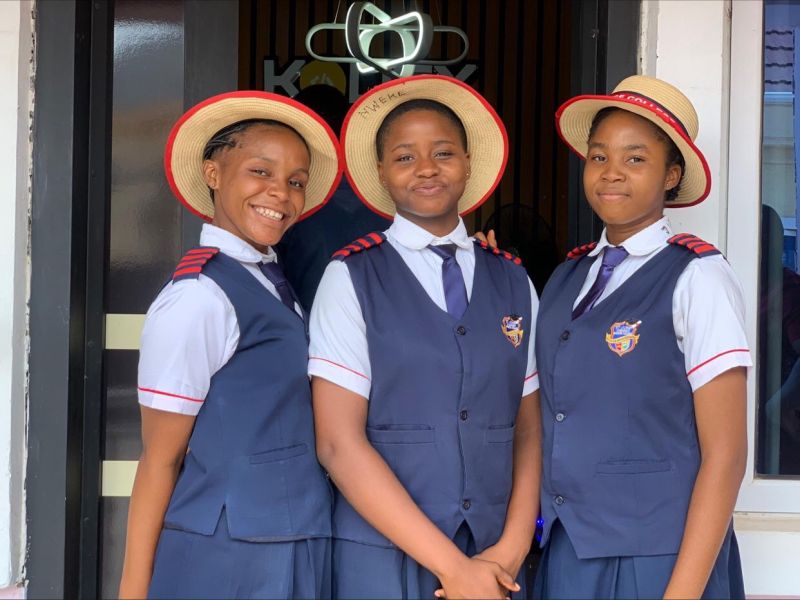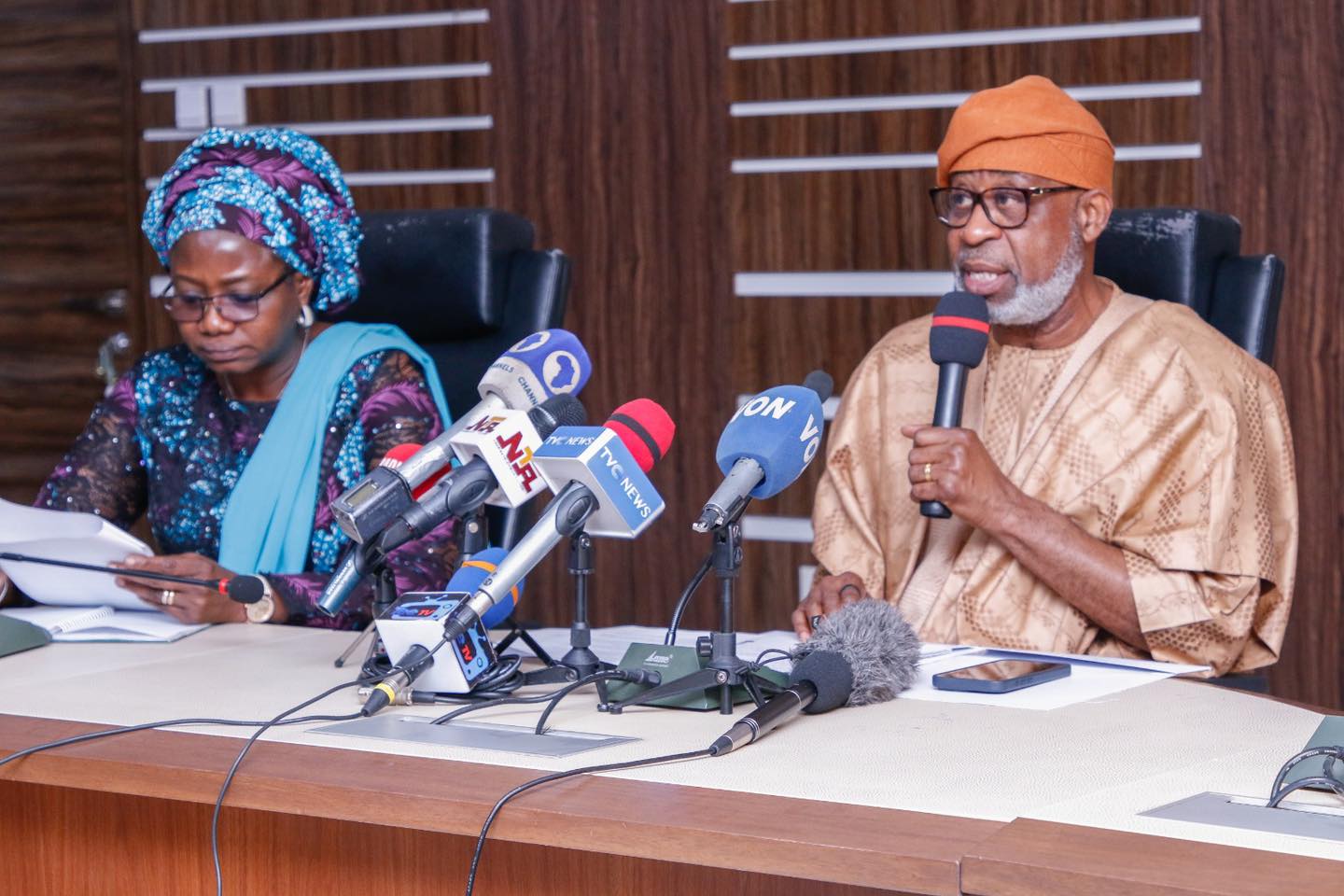The Irish Tech Challenge 2024 was officially launched today by Irish Government Minister, Darragh O’Brien T.D., as part of a visit to South Africa to mark St Patrick’s Day. The Irish Tech Challenge South Africa, which seeks to foster partnerships between South African and Irish start-ups, is a partnership between the Embassy of Ireland in South Africa, the Department of Science and Innovation (DSI), the Technology Innovation Agency, along with implementing partners, Wits University’s Tshimologong Digital Precinct (South Africa) and Dogpatch Labs in Ireland.
Speaking at the launch which took place at Wits’ University’s Tshimologong Digital Innovation Precinct in Braamfontein, Ireland’s Minister for Housing, Local Government and Heritage, Darragh O’Brien T.D said:
“I am delighted to officially launch this year’s Irish Tech Challenge and to announce the expansion of the programme with an increase in the number of entrepreneurs to take part. Ireland is committed to deepening trade and investment relations with South Africa. This includes the promotion of entrepreneurship among women and young people from backgrounds of historical disadvantage. Our partnership with the South African government on the Irish Tech Challenge reminds us of the crucial role of technology and innovation in achieving the Sustainable Development Goals and inclusive economic growth.”
Building on the success of previous editions, the 2024 Tech Challenge aims to accelerate the growth of South African-owned, tech startups aligning with the United Nations Sustainable Development Goals (SDGs). Companies in clean and green technology, healthcare, education, and water sanitation and hygiene are particularly encouraged to apply, as part of the Tech Challenge’s aim to address pressing global challenges while promoting economic development and job creation in South Africa. The 2024 Tech Challenge will see an expansion with an increase of the number of winners to seven.
The selected seven startups will receive a range of benefits, including €10,000 each in grant funding, a curated 10-day trip to Ireland to access global customers and partners, Ireland’s top tech expertise and business acceleration, and increased visibility through support from both Irish and South African governments. Hesus Inoma, the Dogpatch Labs EIR comments:
“The Irish Tech Challenge offers more than a prize. It offers entrepreneurs the opportunity to catapult their business from the vibrant South African Ecosystem to a leading EU Tech Hub representing a leap towards international recognition and footprint.”
Minister O’Brien was welcomed at Tshimologong by Prof Zeblon Vilakazi, the Vice Chancellor of Wits University, who reaffirmed the university’s dedication to fostering innovation and entrepreneurship. Prof Vilakazi emphasised the pivotal role of Tshimologong Precinct in nurturing startups, positioning it as a key contributor to their growth and development. Wits University is committed to supporting the vibrant entrepreneurial ecosystem, exemplified by its active participation and coordination in initiatives like the Tech Challenge, which greatly benefits the startup community.
The launch event emphasised the importance of collaboration between governments, academia, and the private sector in driving innovation and economic growth. It highlighted the role of initiatives like the Irish Tech Challenge in creating a conducive environment for startups to thrive and succeed.
Chief Director for Overseas Bilateral Cooperation at the Department of Science and Innovation (DSI), Ms Anneline Morgan, welcomed the 2024 instalment of the Irish Tech Challenge, expressing South Africa’s commitment to bilateral relations with Ireland on science and innovation.
“This initiative underscores the two countries’ commitment to fostering innovation and driving technological advancement. Programmes like this provide a platform for aspiring technologists and entrepreneurs to showcase their talent, collaborate on groundbreaking projects, and contribute to the growth of tech ecosystems in both countries,” said Ms Morgan.
“By nurturing a culture of innovation and entrepreneurship, we are empowering the next generation of leaders to drive economic growth and address the socio-economic challenges of the country through science and innovation. South Africa’s Decadal Plan on Science, Technology, and Innovation (STI) typically sets out strategic priorities, goals, and initiatives for advancing STI over a ten-year period. These plans are designed to complement and support the objectives outlined in the National Development Plan.
The DSI encourages all participants to seize this opportunity, embrace the spirit of collaboration, and unleash their potential to shape a brighter future for the two countries and beyond,” said Ms Morgan.
In line with its commitment to diversity and inclusivity, the Irish Tech Challenge South Africa encourages applications from women, young entrepreneurs, and historically disadvantaged communities. By providing a platform for underrepresented groups to showcase their innovations, the challenge aims to create a more inclusive and equitable tech ecosystem.
As the Irish Tech Challenge 2024 sets off on its journey, it marks a new phase of innovation and collaboration in South Africa. With a focus on sustainability, social impact, and economic development, the challenge promises to catalyse positive change and work towards a brighter future.

